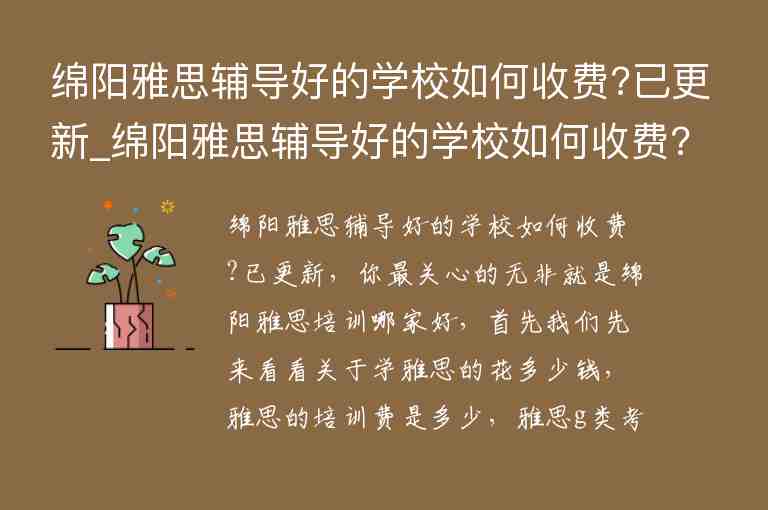bad是一个英语单词,意思是坏的、不好的。它可以用作形容词、副词或名词,常用来描述质量差、糟糕的事物或人物。在口语中,bad也可以表示不舒服、难受的感觉。
怎么读(音标)
bad [bæd]
用法
1. 作为形容词,bad通常用来表示质量差、不好的事物或人物。:
- The food at that restaurant was really bad. (那家餐厅的食物真的很糟糕。)
- I had a bad experience with that company. (我和那家公司有过一次很糟糕的经历。)
2. 作为副词,bad可以表示程度强烈地、非常地。:
- He sings bad. (他唱得很差劲。)
- I feel bad for not being able to help you. (我很抱歉不能帮助你。)
3. 作为名词,bad指的是坏处、缺点或问题。:
- The good outweighs the bad in this situation. (在这种情况下,好处大于坏处。)
- Smoking has a lot of health risks, but quitting can be tough because of the nicotine addiction and other bads associated with it. (吸烟有很多健康风险,但戒烟可能很困难,因为尼古丁成瘾和其他相关的坏处。)
例句1-5句且中英对照
1. Don't eat that sandwich, it smells bad. (别吃那个三明治,闻起来很不好。)
2. I had a bad dream last night, I couldn't sleep well. (我昨晚做了一个恶梦,睡得不好。)
3. The weather is really bad today, it's raining heavily. (今天天气真糟糕,下着大雨。)
4. He has a bad temper and always gets angry easily. (他脾气很坏,总是容易生气。)
5. The movie got really bad reviews from critics. (这部电影在评论家那里得到了很差的评价。)
同义词及用法
1. Terrible:形容事物或情况非常糟糕、可怕,通常用来表示强烈的负面感受。
例句:The traffic was terrible this morning, it took me two hours to get to work.
2. Awful:意思与terrible相似,也表示极其糟糕或令人不快的。
例句:I had an awful headache yesterday, I couldn't even get out of bed.
3. Poor:可以用来描述低质量、差劲的事物或人物。
例句:The poor quality of the product disappointed many customers.
4. Lousy:意思与bad相似,也可以用来表示糟糕的、差劲的。
例句:I had a lousy day at work, everything went wrong.
5. Unpleasant:可以用来形容令人不愉快、不舒服的事物或情况。
例句:The weather was very unpleasant, it was too hot and humid.
编辑总结
Bad是一个常用的英语单词,意思是坏的、不好的。它可以用作形容词、副词或名词,常用来描述质量差、糟糕的事物或人物。在口语中,bad也可以表示不舒服、难受的感觉。同义词包括terrible、awful、poor等,但它们在使用时有些微妙差别。作为网络词典编辑翻译人员,我们需要准确地理解每个单词的含义,并且根据具体语境选择合适的同义词进行替换,以便更加精准地表达想要表达的意思。
